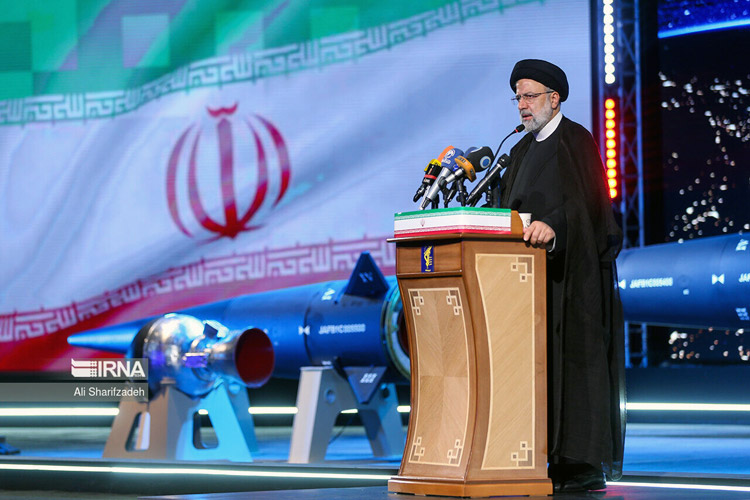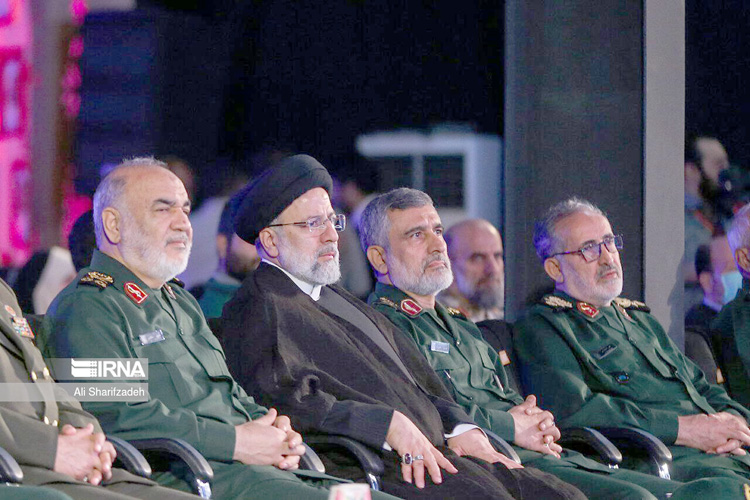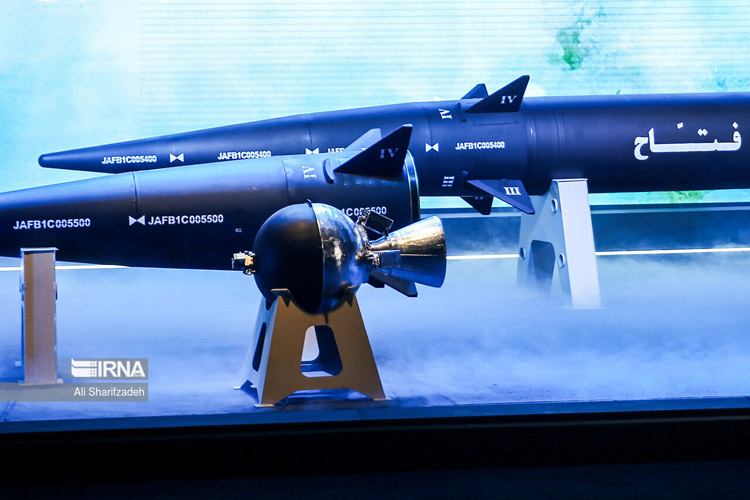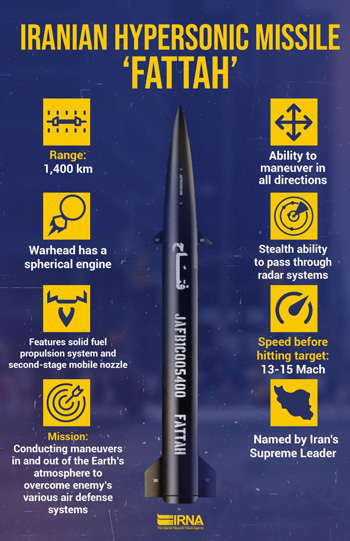INDIAN ARMED FORCES CHIEFS ON OUR RELENTLESS AND FOCUSED PUBLISHING EFFORTS

The insightful articles, inspiring narrations and analytical perspectives presented by the Editorial Team, establish an alluring connect with the reader. My compliments and best wishes to SP Guide Publications.

"Over the past 60 years, the growth of SP Guide Publications has mirrored the rising stature of Indian Navy. Its well-researched and informative magazines on Defence and Aerospace sector have served to shape an educated opinion of our military personnel, policy makers and the public alike. I wish SP's Publication team continued success, fair winds and following seas in all future endeavour!"

Since, its inception in 1964, SP Guide Publications has consistently demonstrated commitment to high-quality journalism in the aerospace and defence sectors, earning a well-deserved reputation as Asia's largest media house in this domain. I wish SP Guide Publications continued success in its pursuit of excellence.
- Prime Minister Modi Visits Punjab’s Adampur Air Base, Interacts with Airmen after Successful ‘Operation Sindoor’; Stern Message to Pakistan
- The layered Air Defence systems that worked superbly, the key element of Operation Sindoor
- Operation Sindoor | Day 2 DGMOs Briefing
- Operation Sindoor: India strikes back with Precision and Purpose
- Operation Sindoor: Resolute yet Restrained
- India’s Operation Sindoor Sends a Clear Message to Terror and the World – ‘ZERO TOLERANCE’
- Japan and India set forth a defence cooperation consultancy framework, talks on tank and jet engines
- Terrorist Attack in Pahalgam in Kashmir: Unfolding a long surgical war against PAK
- Lt General Pratik Sharma takes over Command of Indian Army's Northern Command
Iran Goes Hypersonic!
Iran's recent unveiling of a hypersonic missile has escalated tensions between the Islamic Republic and the United States, resulting in the imposition of new sanctions by Washington

Iran's recent unveiling of the "Fattah" hypersonic ballistic missile has sparked heightened concerns among Western nations about the country's missile capabilities. In a significant display of technological prowess, Iran officially presented its first domestically developed hypersonic ballistic missile, the Fattah on June 6, 2023. The unveiling ceremony was attended by President Ebrahim Rahisi and Commanders of Iran's elite Revolutionary Guards Corps, underscoring the importance Iran places on its missile program. The event garnered attention both domestically and internationally, raising Western concerns about Tehran's advancements in missile technology.
Iran's Fattah hypersonic missile represents a significant leap forward in the country's missile capabilities. The precision-guided Fattah is designed to fly at speeds at least five times faster than the speed of sound, allowing it to reach a top speed of Mach 14, approximately 15,000 kilometres per hour. Its hypersonic nature, combined with a complex trajectory, makes the missile highly challenging to intercept. With a range of 1,400 kilometres, the Fattah missile boasts the capability to penetrate even the most sophisticated defence shields, thereby bolstering Iran's defensive capabilities.

The Iranian leadership asserts that the possession of hypersonic missiles serves as a vital component of the country's defensive strategy. Iran views these advanced ballistic weapons as a necessary deterrent against potential threats posed by the United States, Israel, and other regional adversaries. Emphasizing its commitment to self-defence, Iran denies any intention of pursuing nuclear weapons. Despite opposition from the US and Europe, Iran remains steadfast in its determination to develop and enhance its defensive missile program, citing security concerns and the need to safeguard its sovereignty.
Background on Hypersonic Missiles
Hypersonic missiles are a type of ballistic missile that can travel at speeds of Mach 5 or more. Mach 5 is five times the speed of sound, or about 3,800 miles per hour. These Hypersonic missiles are difficult to track and intercept because they can fly at lower altitudes and manoeuvre more easily than traditional ballistic missiles. They are also capable of carrying a variety of warheads, including nuclear warheads.
Iran's recent unveiling of the "Fattah" hypersonic ballistic missile represents a significant leap forward in Iran's missile capabilities
The development of hypersonic missiles is a major technological advancement that has the potential to revolutionise warfare. Hypersonic missiles could be used to deliver nuclear weapons with unprecedented speed and accuracy, making them a major threat to global security.
US Response – Imposing Sanctions
Following the unveiling of the hypersonic missile, the United States swiftly responded by imposing sanctions on individuals and entities from China, Hong Kong, and Iran. These sanctions target those alleged to have facilitated Iran's ballistic missile development by procuring parts and technology. By disrupting illicit transnational procurement networks, the US aims to curb Iran's military programs. These actions align with a broader pattern of US measures aimed at Iran, including those related to its nuclear program and human rights concerns.

The US condemned the test, saying that it was a "clear violation" of UN Security Council resolutions. The sanctions prohibit US citizens and companies from doing business with the two entities. "The United States will not stand by as Iran threatens the security of the region and the world," State Department spokesperson Ned Price said in a statement.
The US State Department said the sanctions were imposed in response to Iran's "continued development of weapons of mass destruction and ballistic missile programs." Iran has denied that it is developing weapons of mass destruction. The country's Foreign Ministry said the sanctions were "illegal and illegitimate" and that Iran would "take all necessary measures" to protect its interests.
The test of the hypersonic missile is a major setback for the Biden administration's efforts to revive the nuclear deal. It also raises concerns about Iran's intentions and its ability to develop more advanced weapons. The sanctions are the latest in a series of measures that the US has taken to pressure Iran to abandon its nuclear program. Iran has denied that its nuclear program is for military purposes, but the US and its allies have long suspected that Iran is seeking to develop nuclear weapons.

The sanctions are a sign that the US is taking Iran's missile program seriously. The sanctions could also have a negative impact on Iran's economy, which is already struggling under the weight of US sanctions.
The test of the hypersonic missile is a sign that Iran is continuing to develop its military capabilities, despite the sanctions. It is also a sign that Iran is becoming increasingly defiant in the face of US pressure. It remains to be seen how Iran will respond to the sanctions. The country could choose to continue its missile program, or it could choose to negotiate with the US in an effort to lift the sanctions.
The US and Iran have been engaged in indirect talks in Vienna aimed at reviving the 2015 nuclear deal. Efforts to salvage the 2015 nuclear deal between Iran and six major powers have reached an impasse, creating a challenging diplomatic landscape. Ayatollah Ali Khamenei, Iran's Supreme Leader, expressed guarded approval for a potential agreement with the West, provided that Iran's nuclear infrastructure remains untouched. The United States remains committed to preventing Iran from acquiring nuclear weapons through diplomatic means, though military options have not been entirely ruled out. A delicate balance must be struck, addressing concerns and finding common ground to revive the nuclear agreement, ensuring regional stability, and promoting global security.
The Impact of the Sanctions
The new sanctions imposed by the US on Iran are likely to have a significant impact on the country's economy. The sanctions target Iran's missile program and its ballistic missile program, which are two of the most important pillars of Iran's military.
The sanctions are also likely to have a negative impact on Iran's oil and gas exports. Iran is the world's fourth-largest oil producer, and its oil exports are a major source of revenue for the country. The sanctions could reduce Iran's oil exports by up to 50 per cent, which would have a devastating impact on the Iranian economy.
Iran views the possession of hypersonic missiles as vital, serving as a deterrent against potential threats, while denying any intention of pursuing nuclear weapons
The sanctions are also likely to lead to higher inflation and unemployment in Iran. The sanctions will make it more difficult for Iran to import goods and services, which will lead to higher prices for consumers. The sanctions will also make it more difficult for Iranians to find jobs, as businesses will be forced to lay off workers in order to cut costs.
The sanctions are likely to further isolate Iran from the international community. The sanctions will make it more difficult for Iran to do business with other countries, which will make it harder for Iran to access the resources it needs to grow its economy.
The United States has responded by imposing sanctions, aiming to curb Iran's military programs and protect regional and global security
The sanctions are also likely to lead to increased tensions between Iran and the US. The US has said that it is willing to use military force to prevent Iran from developing nuclear weapons. The sanctions could make it more likely that the US will use military force against Iran, as the US will be less willing to rely on diplomacy to resolve its differences with Iran.
The sanctions are a significant escalation in the US-Iran standoff. The sanctions are likely to have a devastating impact on Iran's economy and could lead to increased tensions between the two countries.
Conclusion
Iran's unveiling of the Fattah hypersonic missile signifies significant advancements in the country's ballistic technology. The Fattah's hypersonic capabilities, combined with its precision and range, have raised Western concerns about Iran's missile program. Iran's leadership justifies the possession of such advanced weaponry as integral to its defensive strategy against perceived threats. In response, the US has imposed sanctions to disrupt Iran's missile development networks. Diplomatic efforts remain crucial to revive the nuclear agreement, address concerns surrounding Iran's missile program, and establish a foundation for stability in the region while safeguarding global security.





